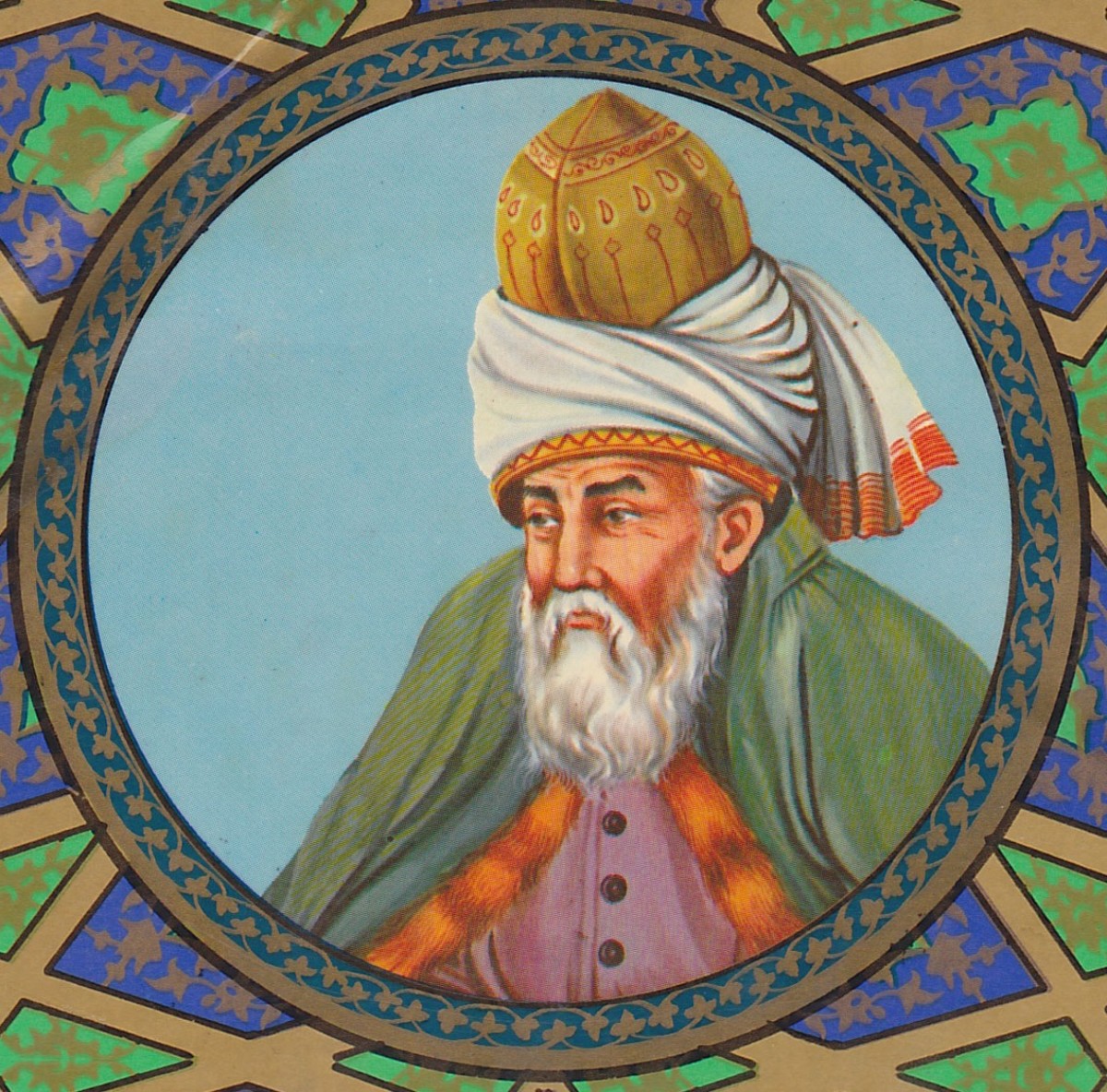The Relation between Doubting Faith and Gender
In the first place raising the point on Science isn’t exactly on point. Science according to the scientific method makes no claim to universal objective truths, but merely describes out tentative, inductive observations (c.f. Bertrand Russell, The Problems of Philosophy). Thus when conservatives say biology recognises two general scientific categories (“sexes”), they seem to suffer from sudden deafness when confronted by the distinction between “sex” and “gender”, the latter being the composite of treatment given to those categorised as one thing or another (for example, “man” or woman”). The way we treat such-and-such a category is a different thing from the process of categorisation itself, even though such a process may, recursively, be a factor in categorisation itself.
The great debate over meaning is happening on multiple levels. This confuses things. One key level is that of whether the “sex” categorisation should map directly to the “gender” categorisation.
It is likely that this is not solely a scientific issue, but a composite issue in which science is in any case involved. Those who insist on confining the question to science seem blind to the fact that we do not, on average, run our life according to so-called scientific truths.
The “trust scientists” bullshit, promulgated by states playing the cynical game of power politics, smacks of a cult. This is the Cult of Science (see for example, this previous post), which preaches belief in certain officials, which we call “scientists”. Science as it is practiced according to the scientific method does not call for such sweeping faith, but only a faith in the little steps.
The heroism of individuality here suggests to us that, hidden in such declarations of doubt is a participation in an important and politically powerful tradition. We can’t do without it: we can’t help doubting.
So it is with doubters of rigid gender roles (for a prototype, see Foucault's The History of Sexuality, which suggested among other things that sexual discourse is socially constructed - a thread that has been taken up by ideological zealots), among other things. There is a call to question - and human beings are uniquely situated to question everything from the most sweeping faith to the most basic kernel of knowledge, to the whole system of knowledge itself; out of this call to question comes the doubters, and once in a while a doubter is born whose capacity for fooling himself far exceeds his capacity for doubting.
It is in the interstice between thought and perception that a new beast is spawned, new enlightenments created, new genders surmised.
Frederick Yann Yorck



Comments
Post a Comment